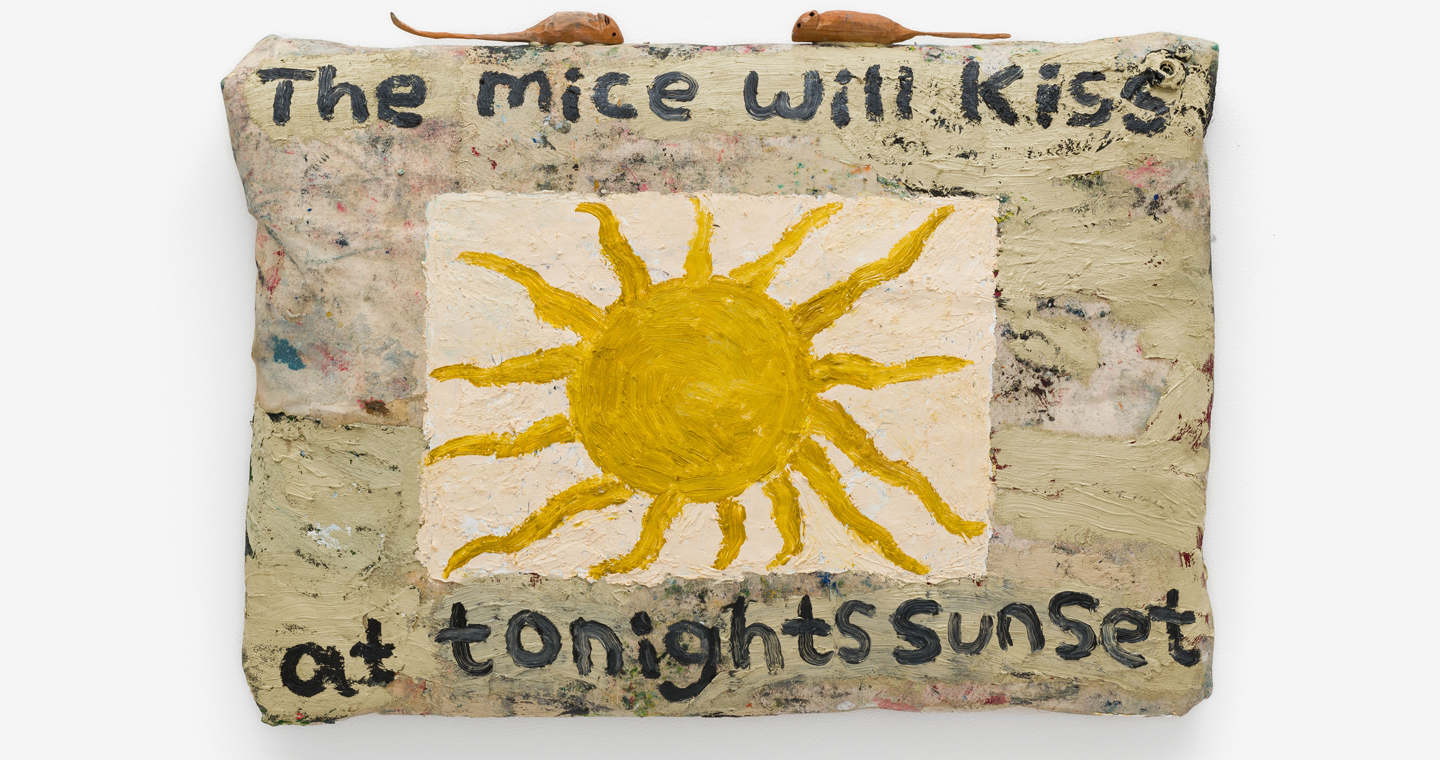After their triumphant centenary celebrations, Brighton Philharmonic Orchestra has launched its second century with an irresistibly fresh and entertaining programme for all. Building on BPO Music Director Joanna MacGregor’s trademark curatorial flair, which is attracting and building new audiences, their 2025-26 season heralds a new era.
The ochestra seeks to provide a platform for the hottest young and international talent, alongside Spring Forward, BPO’s new development pathway for young players. The orchestra also widens our musical embrace locally with family concerts, recitals and masterclasses for young people, plus a new scheme for Under 30s and regional performances.
As such, their 25/26 season opens with award-winning pianist Junyan Chen playing Piano Concerto No. 3 on Sun 28 Sept (2.45pm), conducted by BPO Music Director Joanna MacGregor. This offers a perfect platform for this incredible pianist - a silver medallist and multiple award-winner of the 2024 Leeds International Piano Competition. The BPO matches Junyan’s virtuosity with two other works composed in the wake of the First World War: Bartók’s exciting suite, The Miraculous Mandarin, and Ravel’s brilliantly orchestrated social commentary La Valse, marking the composer’s 125th birthday.

Other highlights include plenty of opportunities to discover the brightest young talent in classical music. American-born, critically acclaimed violinist Elena Urioste performs Samuel Coleridge-Taylor’s richly lyrical violin concerto in a passionately romantic programme including Mahler’s Symphony No 5conducted by Ben Gernon (Sun 19 Oct, 2.45pm).
Prize-winning Latvian accordionist Alise Siliņa is the youngest star in this season’s crown, performing Vaclav Trojan’s delightful Fairy Tales Concerto, which includes Czech stories such as The Bleary-Eyed Princess and The Naughty Roundabout. This magical Fairytale Christmas programme also includes Tchaikovsky’s seasonal classic The Nutcracker Suite,Delius’ rarely performed tone poem Eventyr (Once Upon A Time),and De Hartmann’s gorgeous Ukrainian Christmas Carols conducted by Joanna MacGregor (Sun 7 Dec, 2.45pm).
We spoke to Junyan Chen, as she prepares to appear alongside the BPO for a performance of Rachmaninoff’s notoriously complex Piano Concerto No. 3, conducted by BPO Music Director Joanna MacGregor, to find out more about this rising star.
Rachmaninov’s Piano Concerto No. 3 is quite a demanding piece. Does having a challenge add to the joy of performing?
I always try to resolve the technical challenges in the practice room, so that when I’m on stage it’s purely about enjoying the music and the moment. Rachmaninov’s third is an absolute beast, it requires enormous stamina and is one of the most difficult works in the piano repertoire. But definitely unique freedom and exhilaration in playing it!
How do you measure your own proficiency? Is it a case of comparing yourself against others, or do you judge yourself by thecomplexity of the pieces you can perform?
For me proficiency isn’t about comparison. I spent years developing the skills to cultivate my own voice and to navigate complex works with honesty in my music education. When I sit in front of my instrument, I don’t think in terms of judgment, but rather in how faithfully I can bring out what the composer has written, while still finding what speaks most truthfully to me.Listening to great musicians is inspiring, but it’s not about measuring against them, it’s about deepening my own understanding and expression.
Are you comfortable with the ‘rising star’ tag, or is it simply a by-product of increased recognition?
There are so many extraordinary young artists today, so I do feel very lucky that people recognize me as a “rising star.” My focus is choosing repertoire that I truly love and sharing it with honesty. My audience leave feeling that they’ve experienced something raw and beautiful, or discovered something new in the music after my concert, then I feel I’ve achieved what really matters the most.
How long have you known Joanna MacGregor for?
I first met Joanna in January 2018, when I had my very first lesson with her. Since then, I’ve spent six years studying with her, and she has been a constant presence in my growth - not just as a pianist but as an artist and a person. She inspires me to think bigger and deeper about music and about life,and working with her has shaped so much of who I am today. Playing Rachmaninov’s Third with her conducting feels incredibly special, I am so excited!

What is the practice regime like for a world-class musician? Do you still work with a tutor on improving your skills, or is it now up to you alone to progress and innovate?
I stopped having weekly lessons with Joanna when I graduated in 2024.Since then, I’ve been working independently, which is a very different but important skill to develop. I value guidance and inspiration from friends,colleagues, chamber musicians I collaborate with, and of course my own research on any repertoire that I play. The challenge is not about only being technically excellent, but also finding new ways to innovate and let my own voice come through in the music.
Obviously, there’s a big difference in the sound and mechanical quality of pianos. How do you ensure a suitable instrument will be provided for you? I can't imagine a grand travelling particularly well,so it does seem quite reliant on a venue keeping their instruments well-maintained.
Pianists don’t usually get to travel with their own instruments, so every concert means making a new piano friend. That’s why rehearsals are so important, they give me time to understand how that particular piano responds and what it can offer. Things like travel, tuning, or even the weather can affect the instrument, and some of those are out of my control. What I focus on instead is how I shape and project my sound, because adaptability is very important part of being a pianist.
Do you prefer performing with chamber musicians or a full symphony orchestra? One seems intimate, while the other is more grand and bombastic, but are there other considerations beyond scale?
For me all music is ultimately intimate, no matter the size of the ensemble. Everyone is listening and responding to each other, collaborating to create a moment on stage. I really enjoy playing chamber music because it teaches me to listen closely to others’ breathing, phrasing, and subtle cues.That kind of attentiveness translates directly to larger orchestral playing,where the same principles of communication and sensitivity apply, just on a bigger scale.
Junyan Chen performs Rachmaninoff’s Piano Concerto No. 3 as part of Brighton Philharmonic Orchestra’s A New World: Rachmaninoff, Ravel and Bartók at Brighton Dome Concert Hall on Sun 28 Sept 2025.
For more details on this and the wider programme, along with ticket deals and special events, visit: www.brightonphil.org.uk
Main image by Radski

Mark O'Donnell
Featured What's On
Stay in the loop
Keep up to date with latest news, guides and events with the SALT newsletter.






